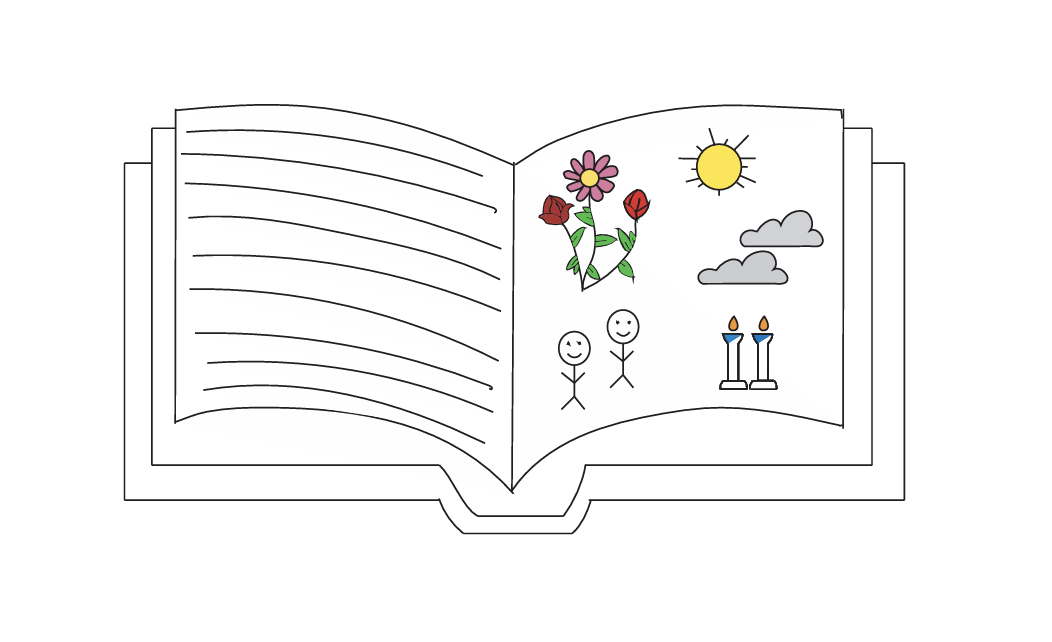Reminding us about temptations that distract us, Parshat Shoftim sets the tone for the season.
Should we see judges as being on a higher level than ourselves? What about royalty? Or are we all subject to the same influences, and the same laws? Parashat Shoftim, read earlier in Elul, speaks about the responsibilities of both judges and kings, and provides some answers. In so doing, it sets our minds ahead toward the season of repentance.
The Torah says we should neither as judges accept bribes, nor as citizens offer bribes. Offering a bribe would pervert a judge’s judgement. In the Shemoneh Esrei we conclude one of our brachot referring to Hashem as Melech ohev tzedakah u’mishpat — the king who loves righteousness and judgment. If it is our job to emulate Hashem in as many ways as possible, then we also, the ordinary citizens, be people of justice. Thus we should place ourselves on the level of the judges.
Looking further into the parsha, the Torah sets maximum numbers of horses and wives — materialistic possessions — a king may have. Why is there a limit on horses and wives? The Torah is warning us, telling us that these will help the yetzer harah — the evil impulse – lead us astray from Hashem’s path.
It is not difficult to modernize these ideas into a language that we can relate to more. Most of us live in a house with three televisions, four computers, four music-playing devices. Many teenagers have relationships with the opposite gender, one after another. The Torah is telling us that this will for certain take us off the right path.
On Friday afternoons, when it’s time to start getting into the Shabbat mood and slowly lower electronic usage, some people get so caught up in their items that they lose track of the time, and either use up to the last seconds before candle lighting or accidentally use their devices into Shabbat.
On weekday mornings, others will remember to wrap their tefillin, but the second they wake up, they have an urge to check their Facebook and before they know it, the time for Shacharit has passed, and they have missed out on a beautiful mitzvah.
As we get closer to Rosh Hashanah, Aseret Yamei Teshuva (the 10 days of Repentance), and Yom Kippur, we as a nation should try to increase our righteousness, and lessen our time spent on materialistic things — for example, an hour to just be browsing Facebook.
In place of that, we should work on reading at least one extra perek [verse] of Tehillim a day, or one parsha commentary, or a reading on Halacha at night before going to sleep.
There is still time to make this Yom Ha’Din — Judgment Day — a good one.






